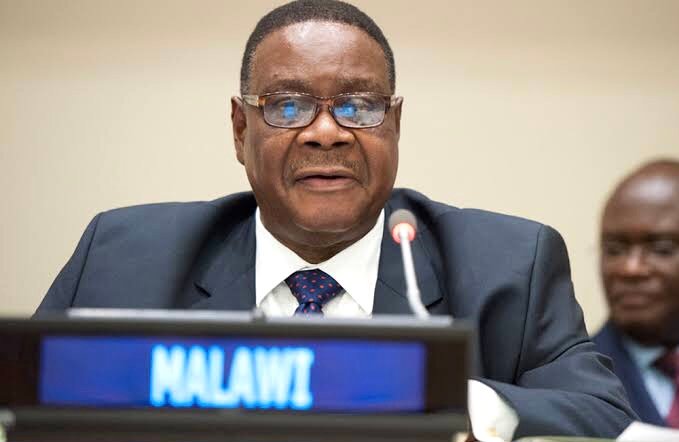President Peter Mutharika has announced an immediate ban on the export of raw minerals, declaring that all mineral resources must now be processed domestically — a move aimed at generating up to $500 million annually through local value addition.
Speaking at Sanjika Palace in Blantyre during the swearing-in of new cabinet members, Mutharika said the country must prioritize industrialization over exporting unprocessed resources.
“I will not allow the exportation of raw materials from our mines,” he said. “Raw materials have to be processed here.”

The directive targets key mining sites, including rutile deposits in Kasiya, Lilongwe, and rare earth reserves in Kangankunde, Balaka, which officials say could yield significant revenues if refined within Malawi.
The country holds vast mineral wealth, including uranium, bauxite, graphite, coal, and gemstones such as rubies and sapphires. Mutharika, who returned to office following his recent election victory, described the policy as central to his vision of economic nationalism and industrial transformation.
“Let us focus on results, not rhetoric,” he told the newly appointed ministers, urging them to act with integrity and avoid self-interest.
While the announcement has been met with widespread patriotic support, economists have cautioned that the ban could have unintended effects if not accompanied by adequate infrastructure, clear regulations, and enforcement mechanisms.
Across Africa, similar policies have faced challenges. Zimbabwe’s 2023 ban on raw lithium exports led to widespread smuggling into Mozambique, while Tanzania’s 2017 gold export ban drove miners into illegal markets and reduced government revenue.
Analysts say Malawi will need strong oversight and investment in local refining capacity to ensure the new policy delivers its intended economic benefits.
Nigeria Petrol Tanker Explosion Death Toll Climbs to 42 in Niger State
Source:Africa Publicity








